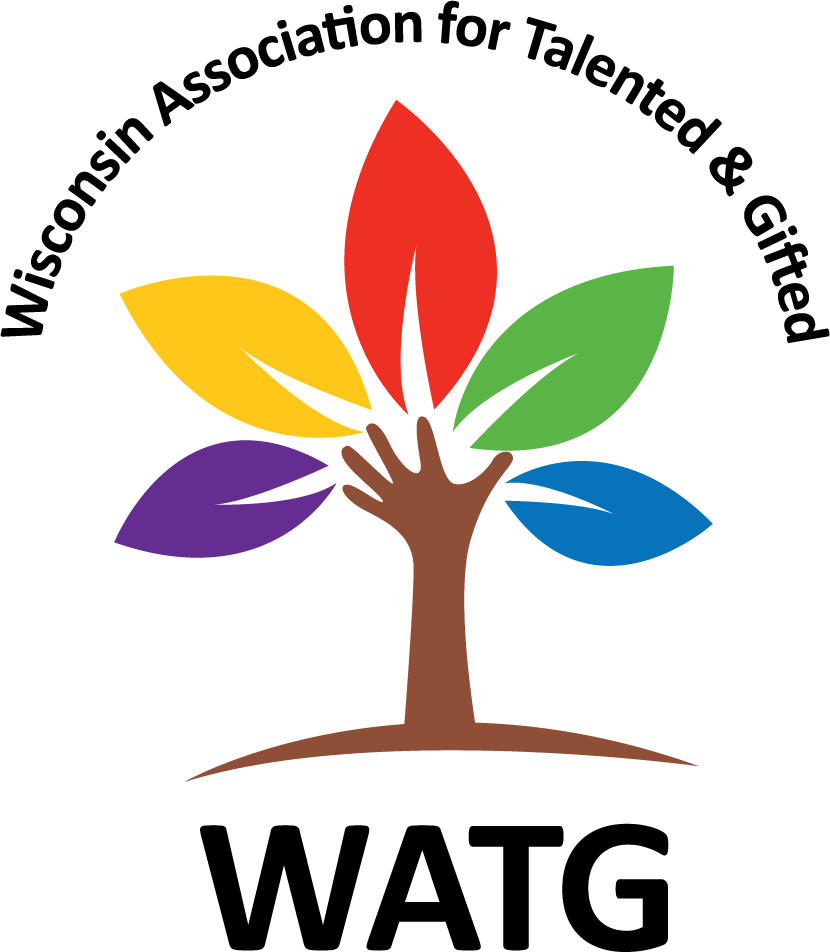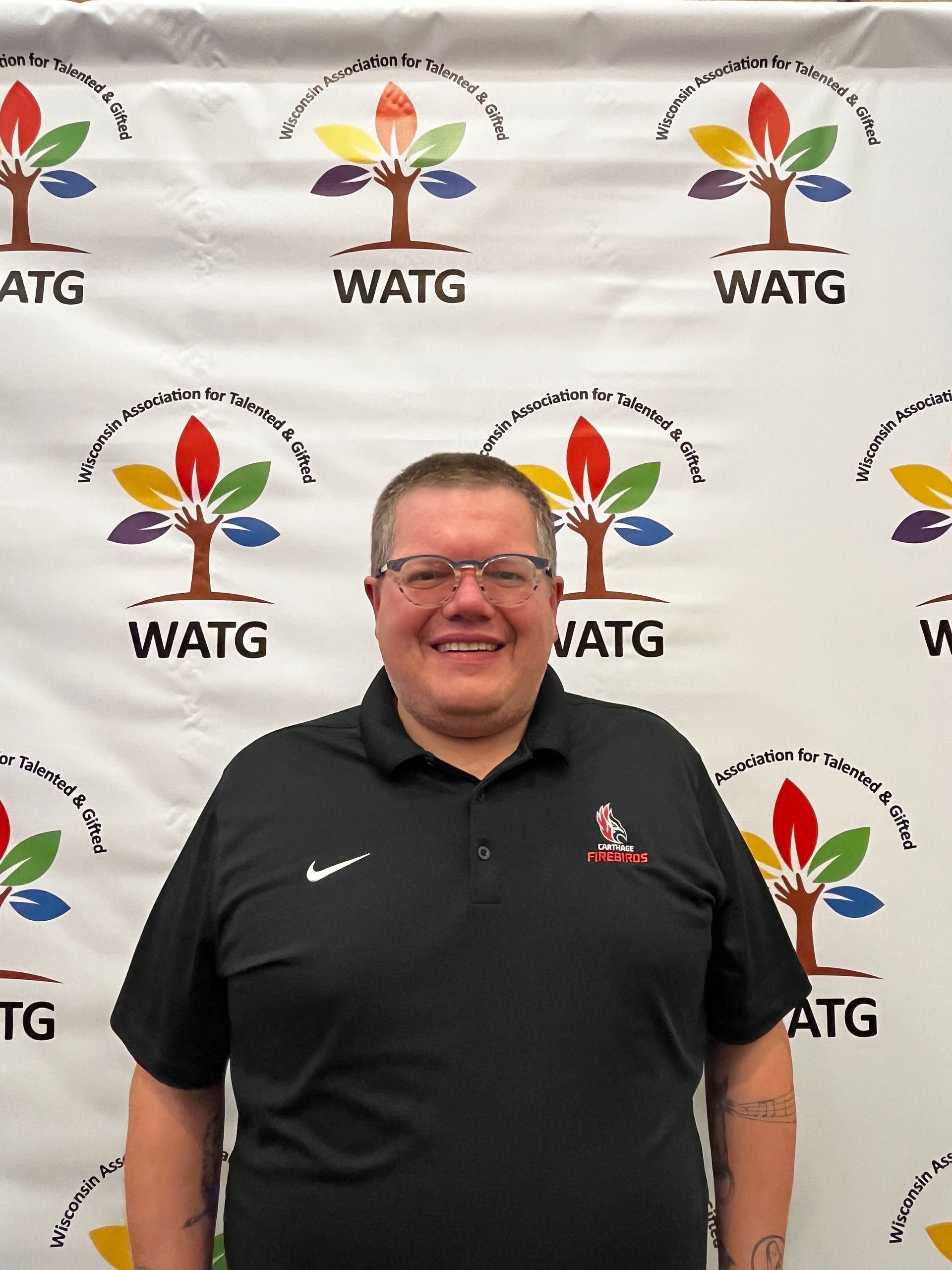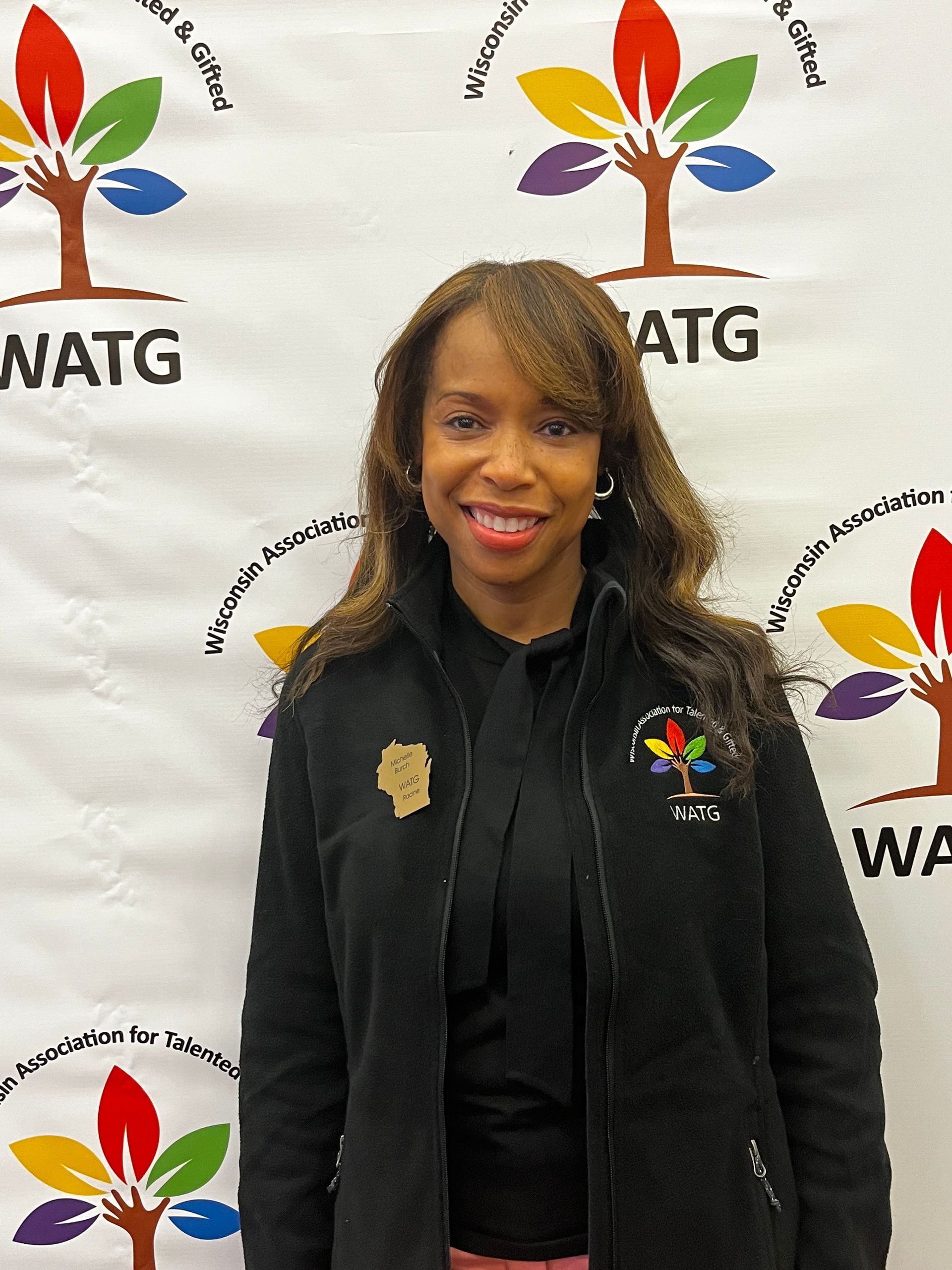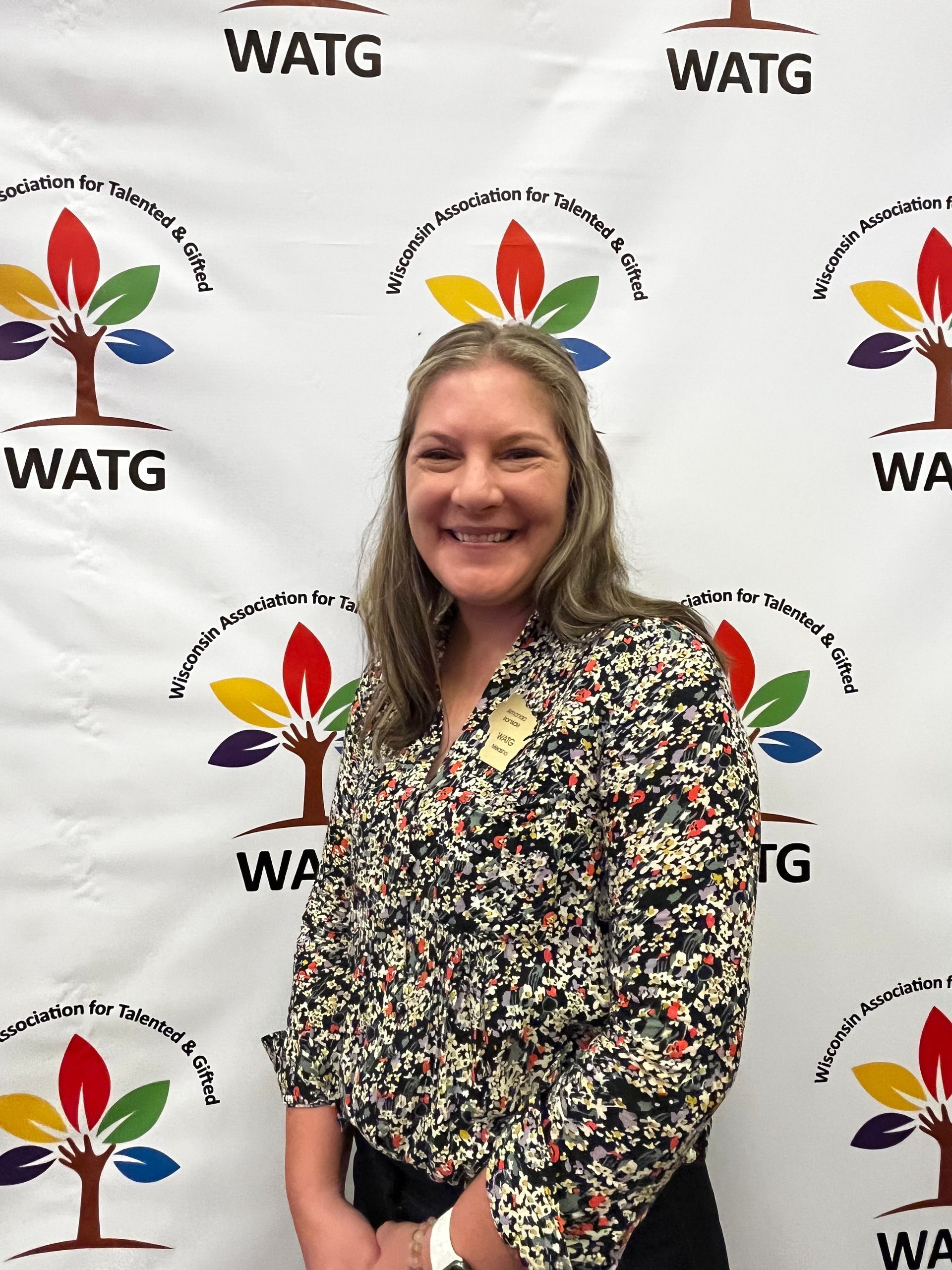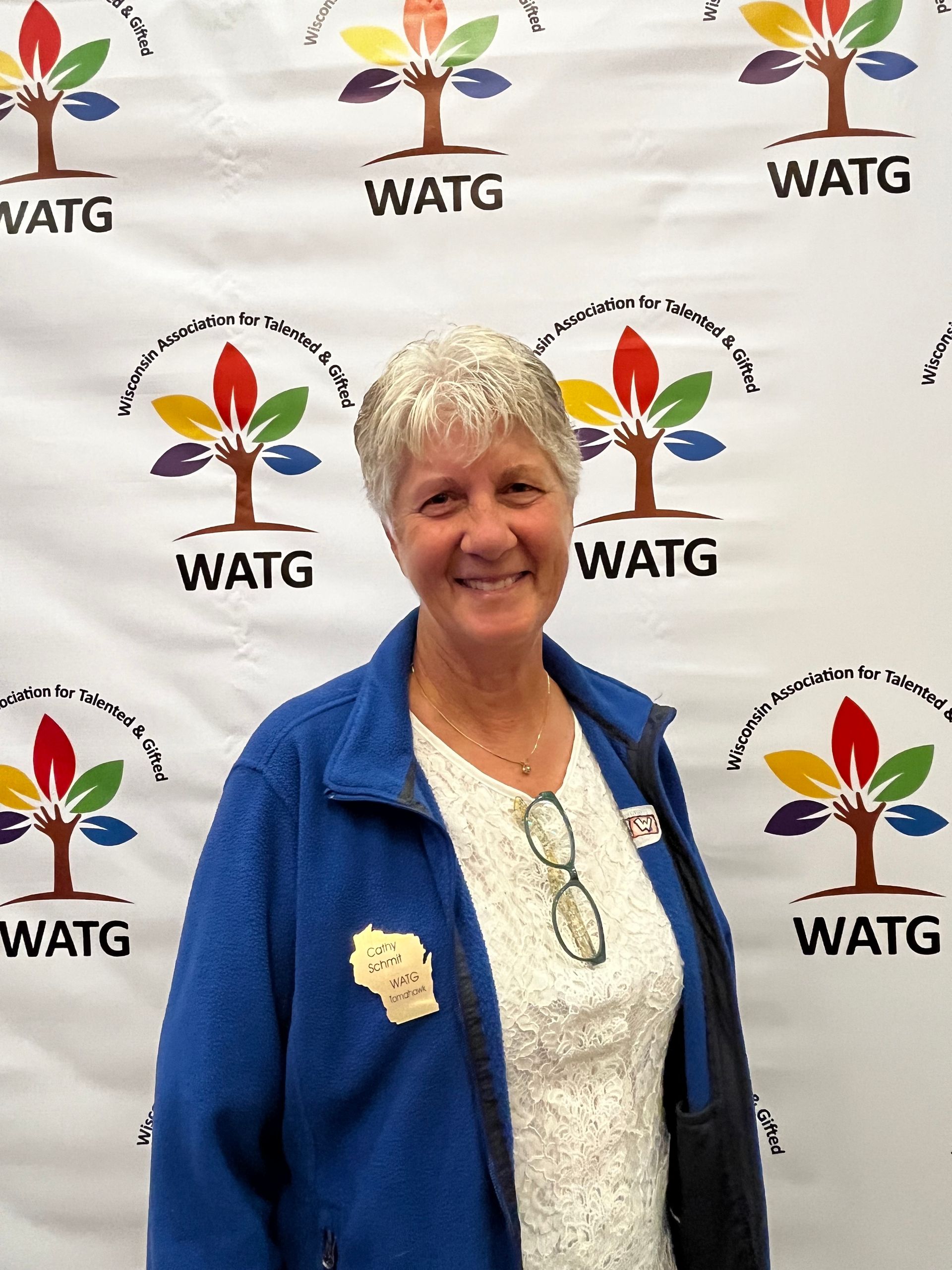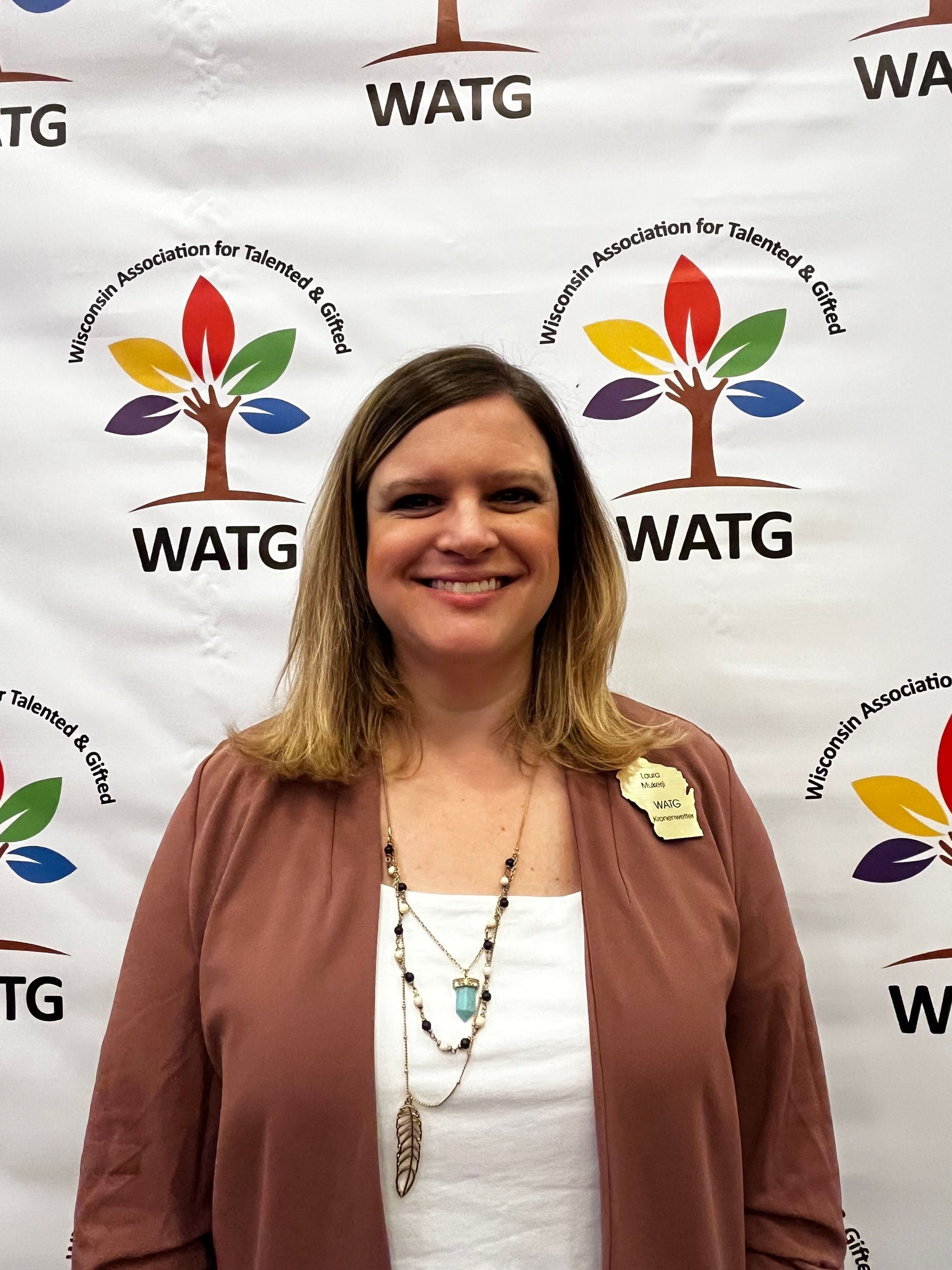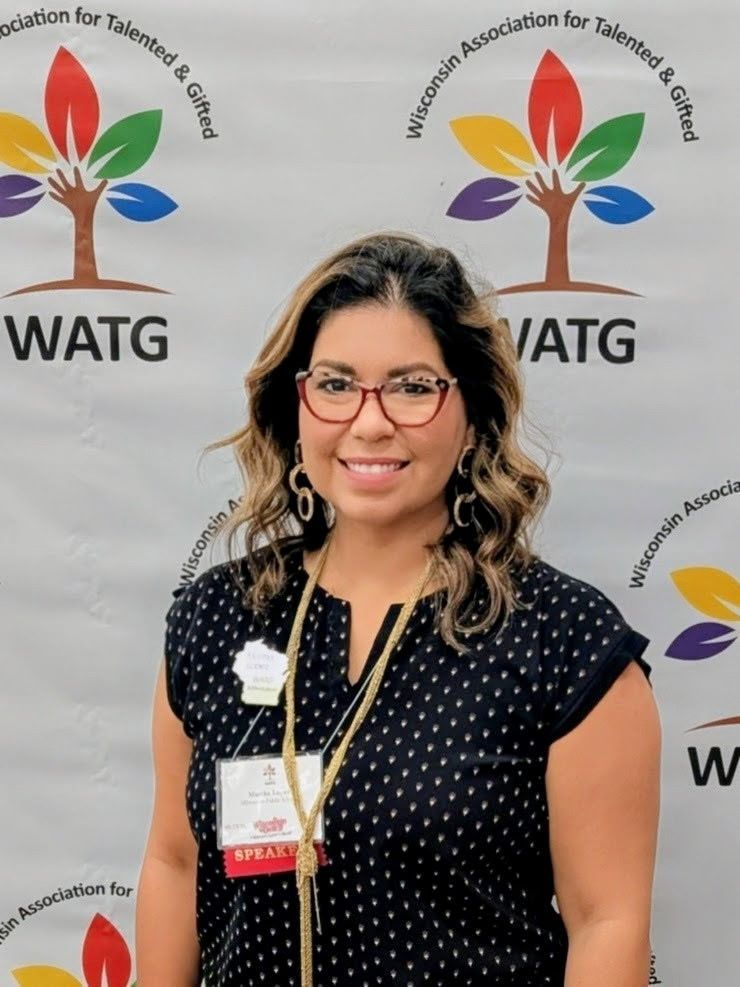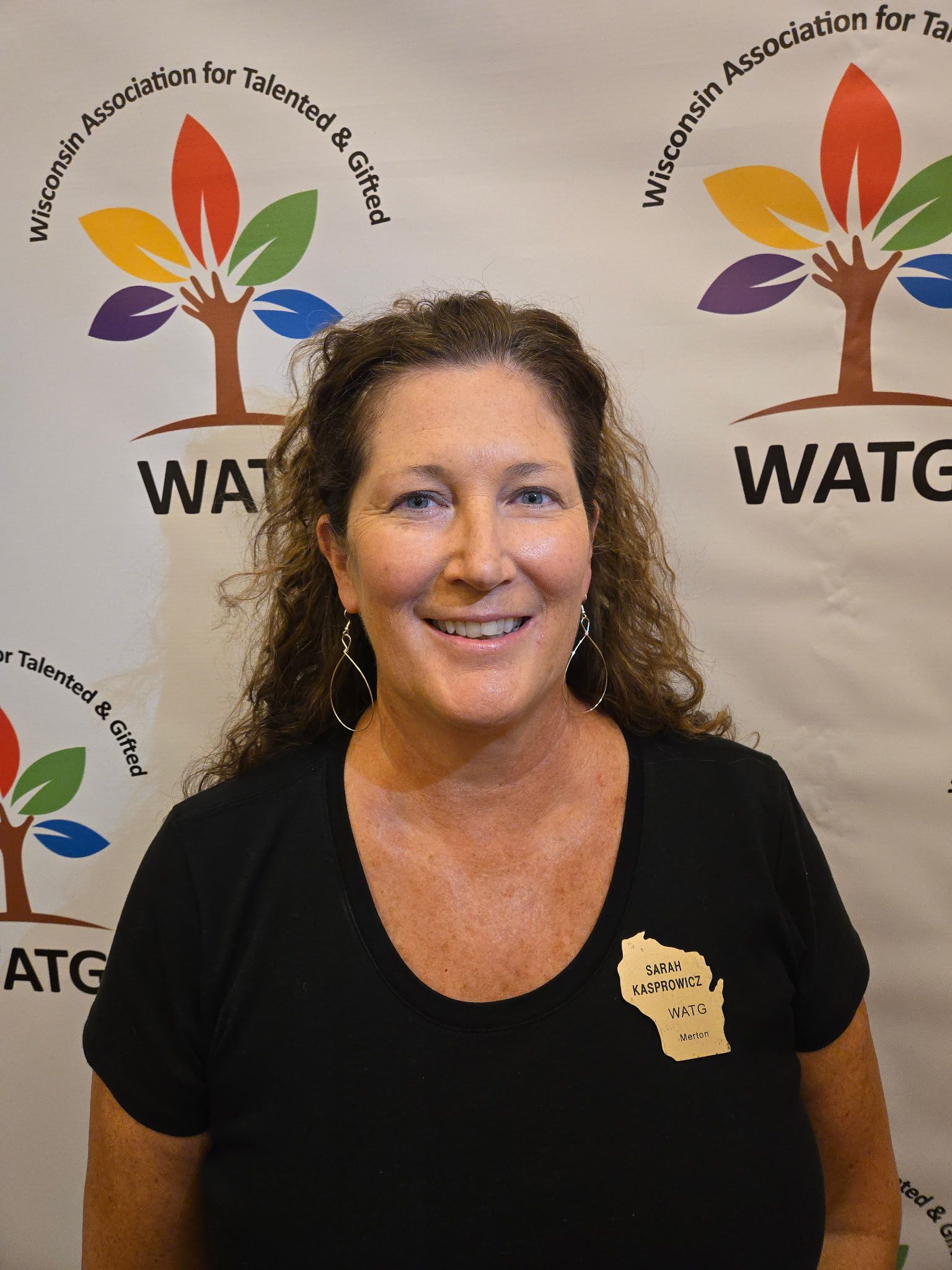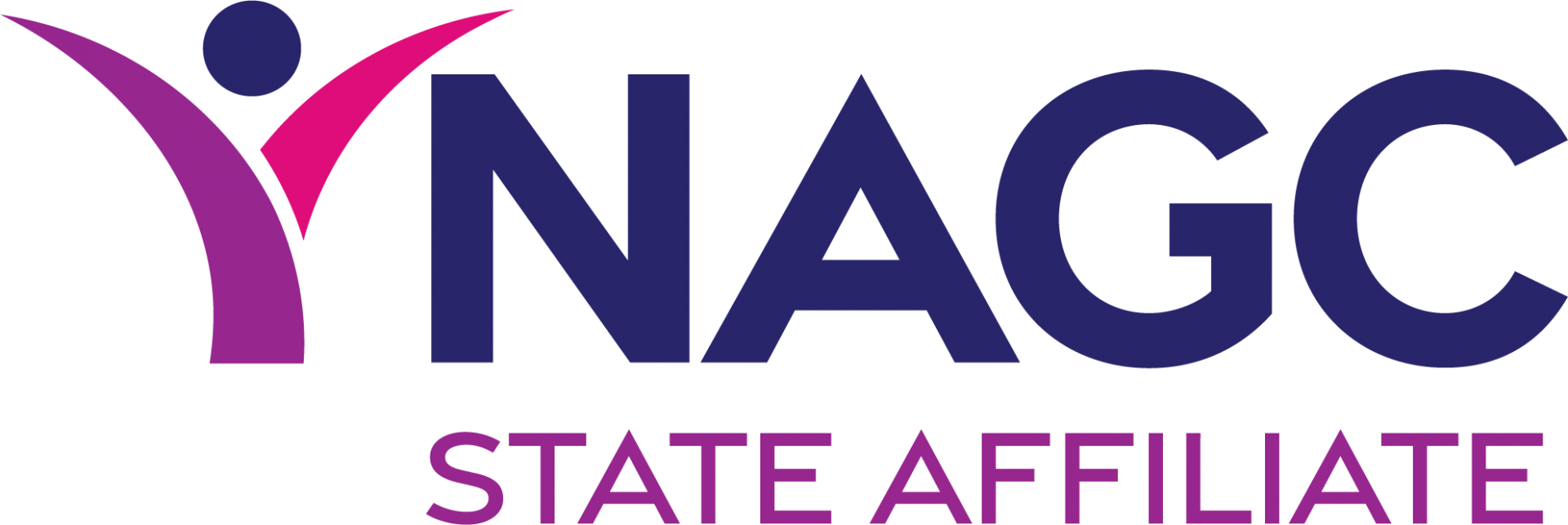What Type of Parenting Describes You?
In the 1960’s, psychologist Diana Baumrind at the University of California – Berkeley became famous for her research on parenting styles. Her research described three parenting styles – authoritarian, permissive, and authoritative.
Authoritarian parenting is characterized by high demands of children accompanied by low responsiveness. This parenting style is often viewed as harsh, demanding, and rigid (and sometimes abusive). Parents enforce rules without discussion and expect total obedience. Children in these families may struggle with aggression or inability to make their own decisions.
Permissive parenting is characterized by low demands of children accompanied by high responsiveness. This parenting style is often viewed as over-catering to a child’s needs, while rarely enforcing consistent rules. Children in these families are often left to act without parental guidance, which often produces children who appear to be spoiled and undisciplined.
Authoritative parenting is characterized by high but realistic demands of children accompanied by firm, consistent, and loving responsiveness. Parents who use this style are warm and supportive and show interest in their kids’ activities, but are not overbearing and allow children to make constructive and instructive mistakes. Parents explain their reasoning, but listen to their children’s reasoning too. They often serve as guides in their children’s lives. This approach is deemed the most optimal parenting style to use in western cultures, producing children who are generally happy, capable, and successful.
Later,
Maccoby and Martin added a fourth parenting style – uninvolved or neglectful. According to Maccoby and Martin, “This parenting style is characterized by low support and few demands of children. Parents are often indifferent or neglectful, and children reared by these parents tend to rank lowest across all life domains, lack self-control, have low self-esteem, and are less competent than their peers.”
Dr. Sylvia Rimm, another American psychologist, family therapist, and expert on gifted children has also written extensively on parenting styles. Dr. Rimm, a University of Wisconsin – Madison Ph.D. graduate and clinical professor of psychiatry and pediatrics at
Case Western Reserve University School of Medicine, operated Family Achievement Clinics in Wisconsin and Ohio for many years. Some of you, like I, may have had the great fortune of hearing her speak or have read her many books. Dr. Rimm often spoke in Wisconsin (several times at WATG conferences), and my husband and I shared meals and conversations with her on many occasions. Her many years of experience with various parenting styles and their outcomes, and her no-nonsense, down-to-earth observations made for highly interesting conversations. You may want to read some of her
books for more information on parenting topics.
Lately, there has been additional research on parenting styles, and some parenting techniques have even been given names. These may or may not be familiar to you. A recent article in The Atlantic by Russell Shaw entitled
Lighthouse Parents Have More Confident Kids refers initially to “Helicopter Parents” and “Snowplow Parents”, disparaging these styles of parenting.
“Helicopter parents” hover over their children, rescuing them preemptively from any impending difficulties. They do not allow their children to fail, even in small things. For example, they may bring forgotten lunches to school, constantly check (or do) their child’s homework, and (some colleges report) continue to hover long past their child’s legal age. Many college officials report that children of “helicopter parents” often lack self-confidence, direction, and motivation. They are often plagued by anxiety and self-doubt.
“Snowplow parents” often act out of love. They, like snowplows, strive to remove all barriers or difficulties from their children’s lives. They don’t want their children to experience delay of gratification, to do without, or to learn how to solve their own problems. They mistakably believe that if they remove obstacles for their children, their children will be happier and more successful. However, the research does not bear this out; these children often lack persistence, grit, and self-efficacy. They doubt their own abilities to problem solve and manage their lives.
Nowadays, many psychologists recommend that parents act as “Lighthouses”. Though lighthouses are built onshore, they are always near difficult waters. They beam encouragement and assurance to navigators. They are ever-present; navigators count on them, and respond to their guidance and security. So it is with “lighthouse parents”. We cannot protect our children, no matter how gifted or talented, from the stormy waters of life. But we can be “lighthouses”. We can beam our support and our faith to our children. We can provide the security of our caring presence and our wisdom. Our reassuring illumination says to them, “You are loved. You are capable. You will figure this out. I have confidence in your navigation skills. I am here”.
So, how do we become “Lighthouse Parents”? Some excellent suggestions from The Atlantic article are:
- Hone your listening skills. Seek first to understand, then be understood.
- Gradually move from a boss role to a consultant role.
- Allow your child to make mistakes; this is part of life. Teach your child that mistakes are golden opportunities to learn valuable things about self and others.
- Teach your child to own their mistakes, make amends, and move on. This will serve them well in life.
- Remember that your job as a parent is to put yourself out of a job. We give them roots and wings. As they are able, let them fly!
Being a child is a journey; so is being a parent. We learn as we go. We grow as we go. Good luck on this rewarding and difficult venture.
As always, I welcome your thoughts. Together we grow.
By Jackie Drummer, Past President and Current Advisor to WATG
